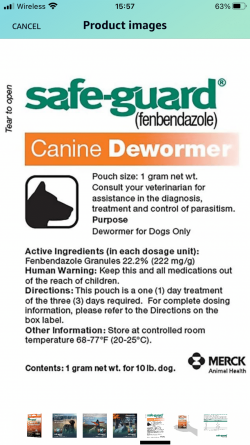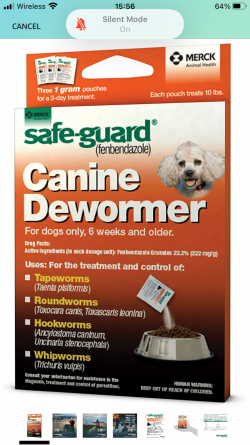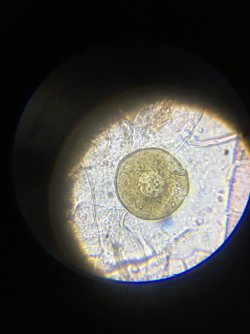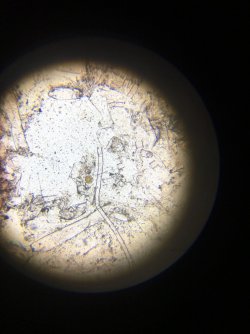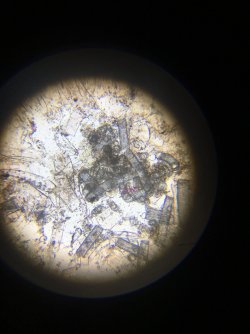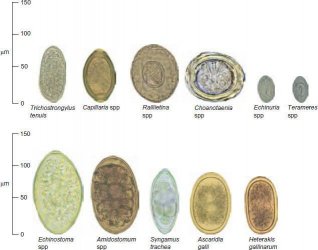EmmaTheCabbage
Fish Fanatic
To my horror, yesterday I woke up to one of my guppies dead on the bottom of my tank. When I looked at him closer, I noticed The belly had somehow been opened up and there were really thin and small red and white worms dangling from his butt and belly. Unfortunately I completely forgot to take pictures. The guppy that died was a guppy I got from a pond near me (he was the only one from that pond). 2 other wild guppies in their from a stream and also got a bunch of my lovely bath tub guppies. They are all acting normal. Eating well. Nothing unusual at all. I’ve also not seen any worms or abnormalities other than that 1 dead one. Thinking maybe it’s Camallanus worms so was looking at getting some fenbendazole. (That seems to be the only med I can find for it that ships here). Found one online for dogs but was wondering if anyone would mind letting me know how I’d treat them with it because obviously there’s no instructions for fish on the box. I’ll attatched a pic of what type it is though. Tanks a 10 gal with plants. Does this med affect the plants in anyway too? Just spent a small fortune on them so don’t want to kill them from medicine. Was also wondering how quickly it spreads in the tank too. Because I think the fish that died was the one that originally had it, and was hoping maybe (since I’m an idiot and forgot to do it with the ‘worms’ from the dead one), maybe I’d get some poop from my other fish and stick it under a microscope to see what I see. Maybe I’m just hoping it was some unusual looking guppy intestines and not actual worms xD. Or maybe something else. Although something else weird in that tank is happening. I got some new plants a few days ago and added them to 2 of my tanks, (both containing shrimp). I washed them with plain water beforehand because I always do that. But since adding them I’ve noticed about half my shrimp die and the rest are hiding in a corner. Just thought it was really weird and can’t figure out why. The fish are ok. And my snail. Only the shrimp are dying.
Any input would be greatly appreciated. Thanks.
Any input would be greatly appreciated. Thanks.

